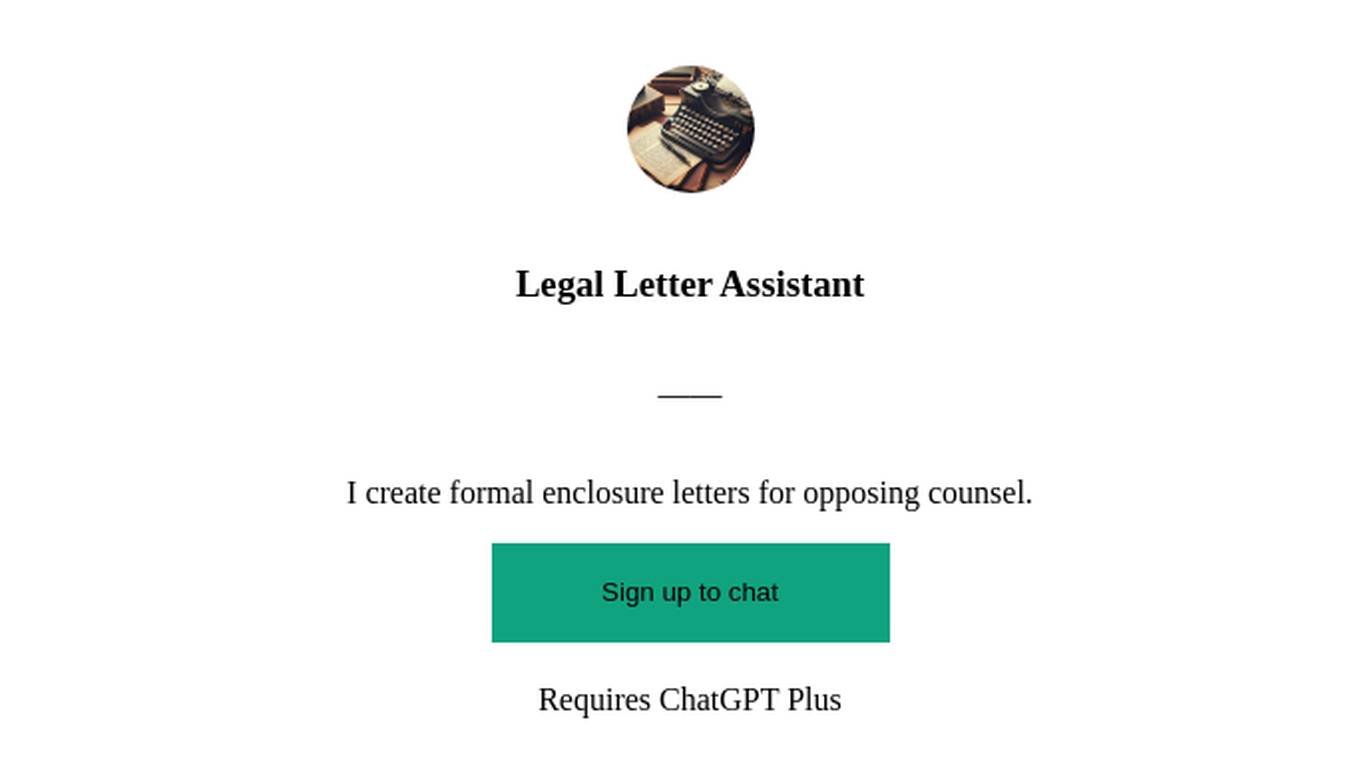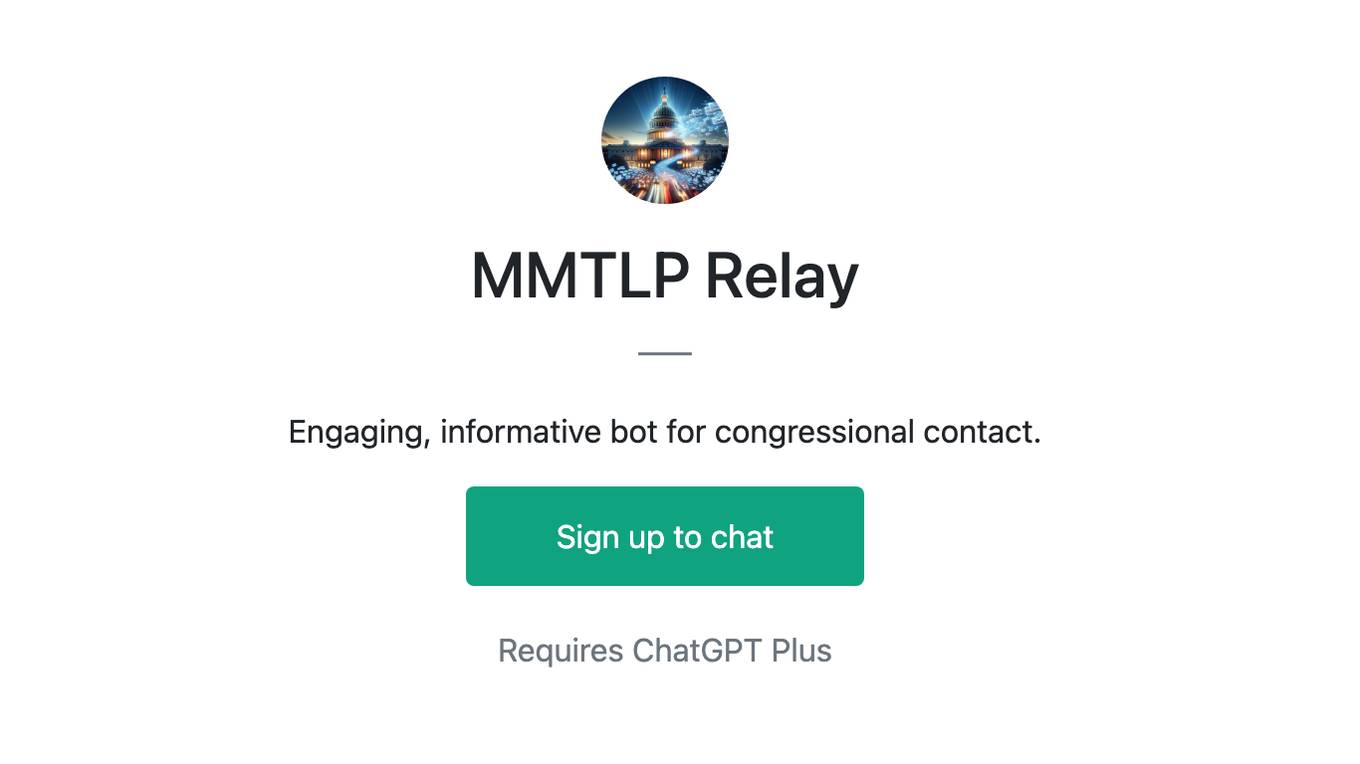Best AI tools for< Correspondence Clerk >
Infographic
7 - AI tool Sites
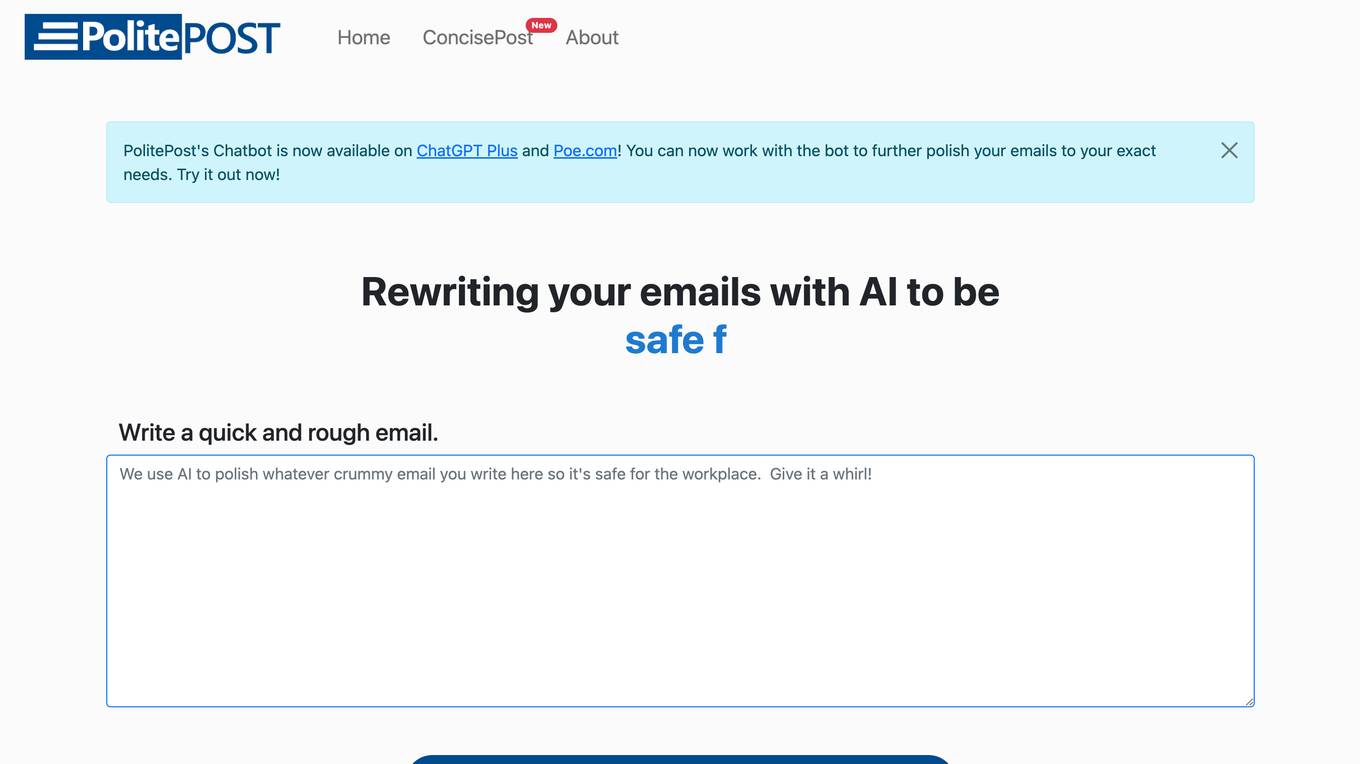
PolitePost.net
PolitePost.net is an AI tool that specializes in rewriting emails to make them more professional and suitable for the workplace. Users can utilize the AI chatbot available on ChatGPT Plus and Poe.com to refine their language and improve their email communication. The tool aims to assist individuals in enhancing the quality and effectiveness of their written correspondence through AI-powered suggestions and enhancements.
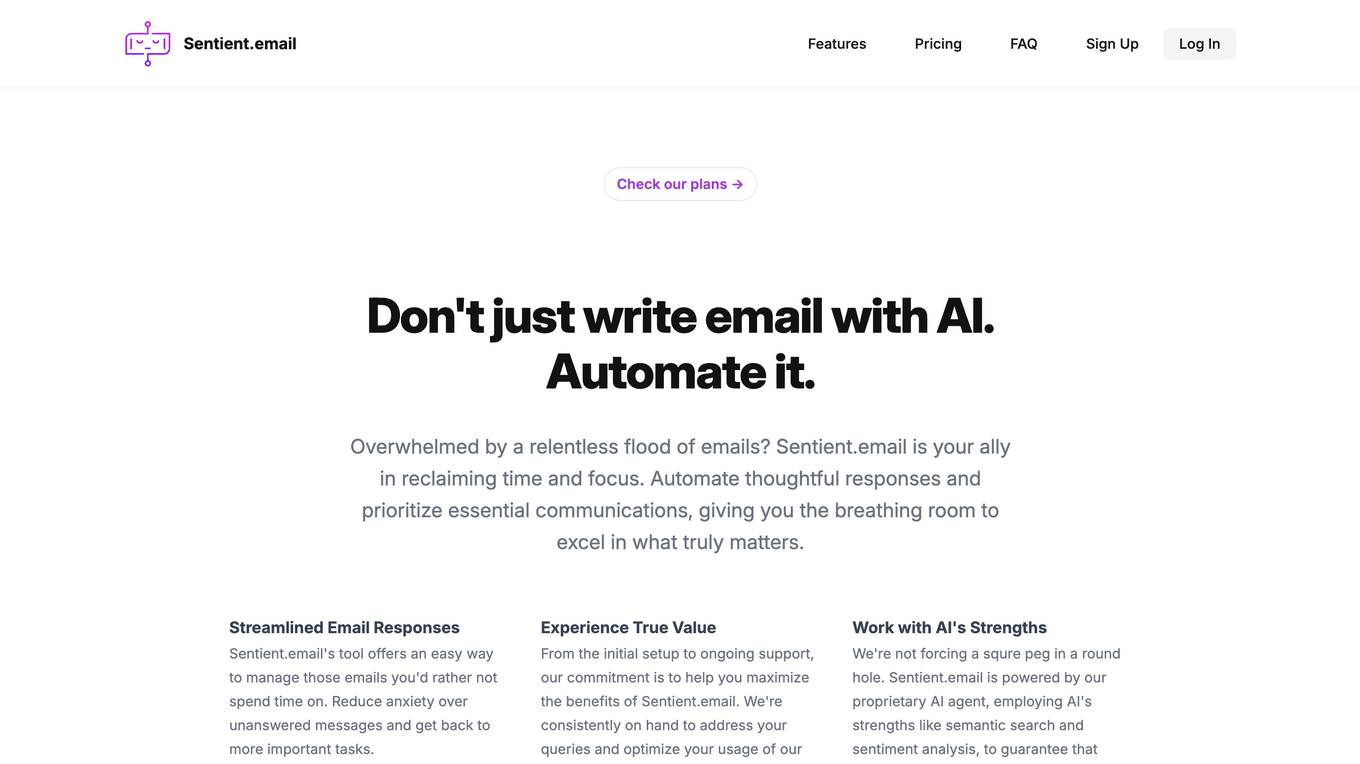
Sentient.email
Sentient.email is an AI-powered email automation tool designed to help users manage and respond to emails efficiently. It leverages proprietary AI technology for semantic search and sentiment analysis to streamline inbox management, prioritize essential communications, and automate thoughtful responses. The tool offers features like simple AI assistance, consistent replies, customization of responses, and filtering emails by subject and tone. With a commitment to efficient and effective email communication, Sentient.email aims to save users time and enhance productivity in handling email correspondence.
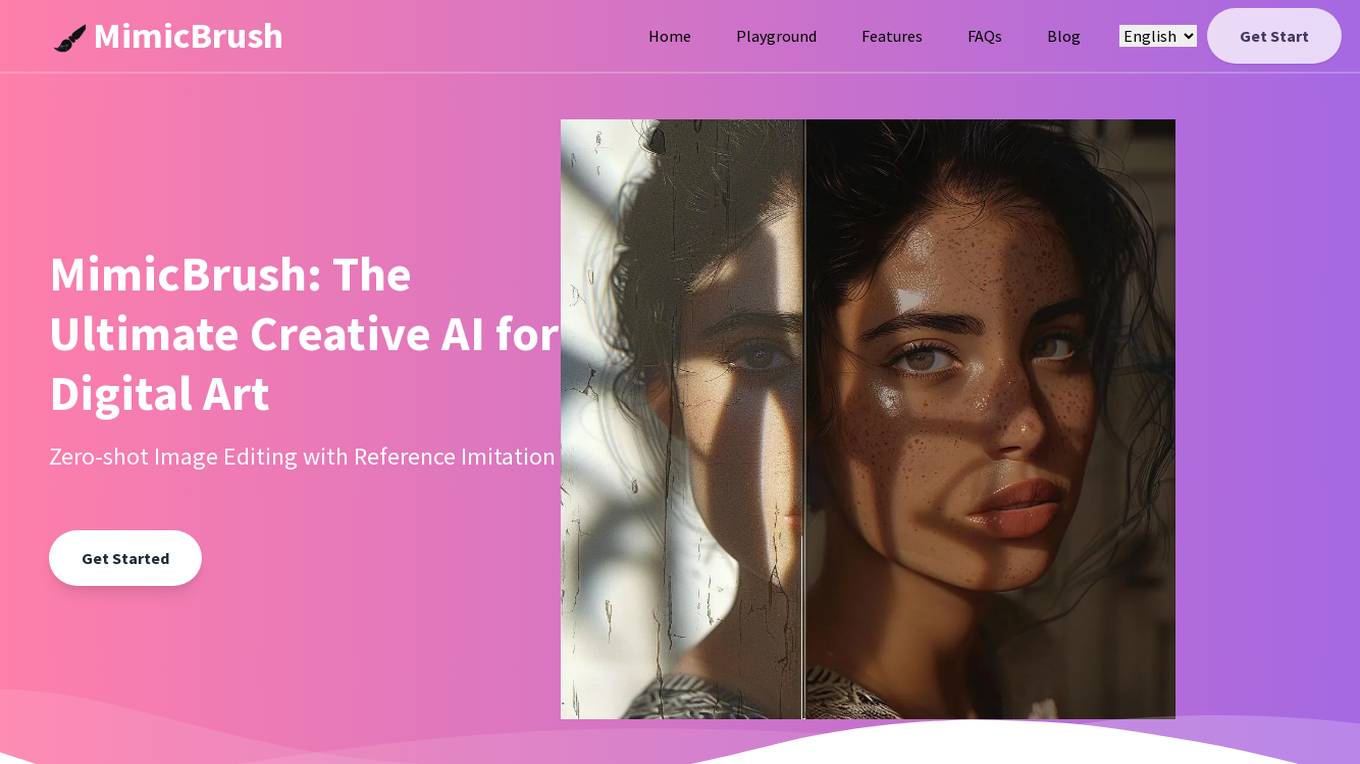
MimicBrush
MimicBrush is the ultimate creative AI tool for digital art, offering zero-shot image editing with reference imitation. It allows users to edit specific regions of an image while preserving the surrounding context, transfer textures between images, and refine edited images with advanced post-processing techniques. The tool's overall pipeline involves training dual U-Nets to recover masked areas of source images by leveraging attention keys and values from reference images. MimicBrush enables users to edit images by drawing inspiration from reference images in a self-supervised manner, capturing semantic correspondence for precise modifications.
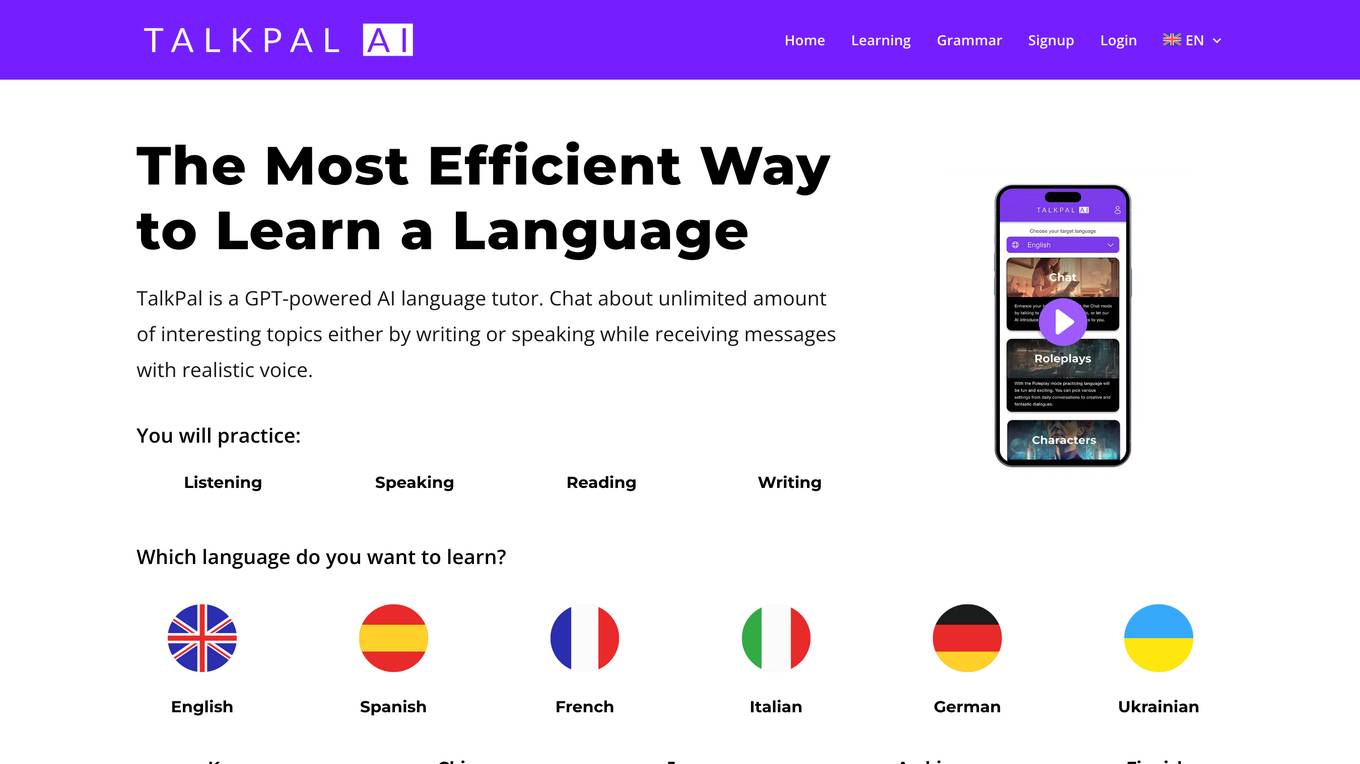
TalkPal
TalkPal is an AI-powered language tutor that uses GPT technology to provide immersive and interactive language learning experiences. It offers real-time feedback, dynamic active listening exercises, and personalized learning plans to help users improve their listening, speaking, reading, and writing skills. TalkPal is available in over 57 languages and offers a variety of features to enhance language learning, including role-plays, debates, and character interactions.
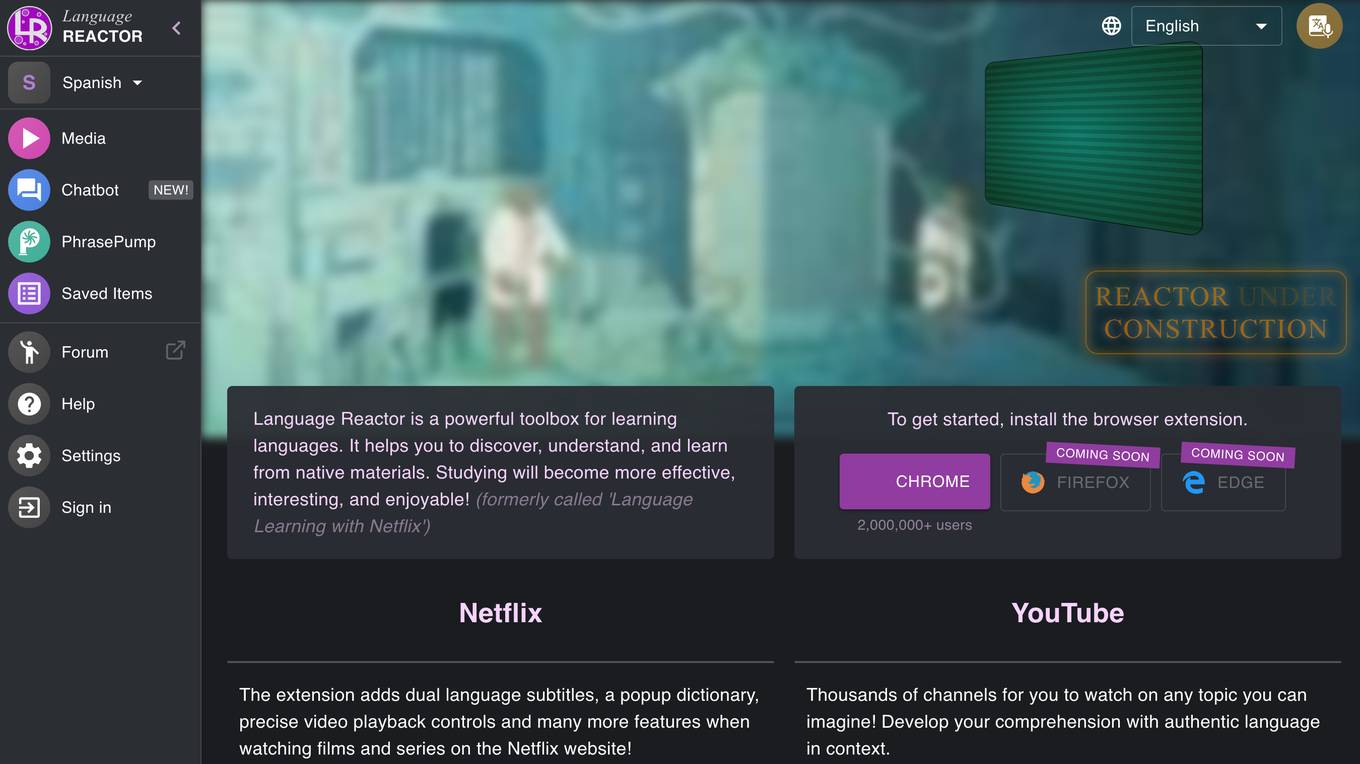
Language Reactor
Language Reactor is a web application that helps users learn foreign languages by watching videos with interactive subtitles. Users can hover over any word in the subtitles to see its translation, definition, and pronunciation. They can also click on any word to add it to their vocabulary list. Language Reactor also offers a variety of exercises to help users practice their listening, speaking, reading, and writing skills.
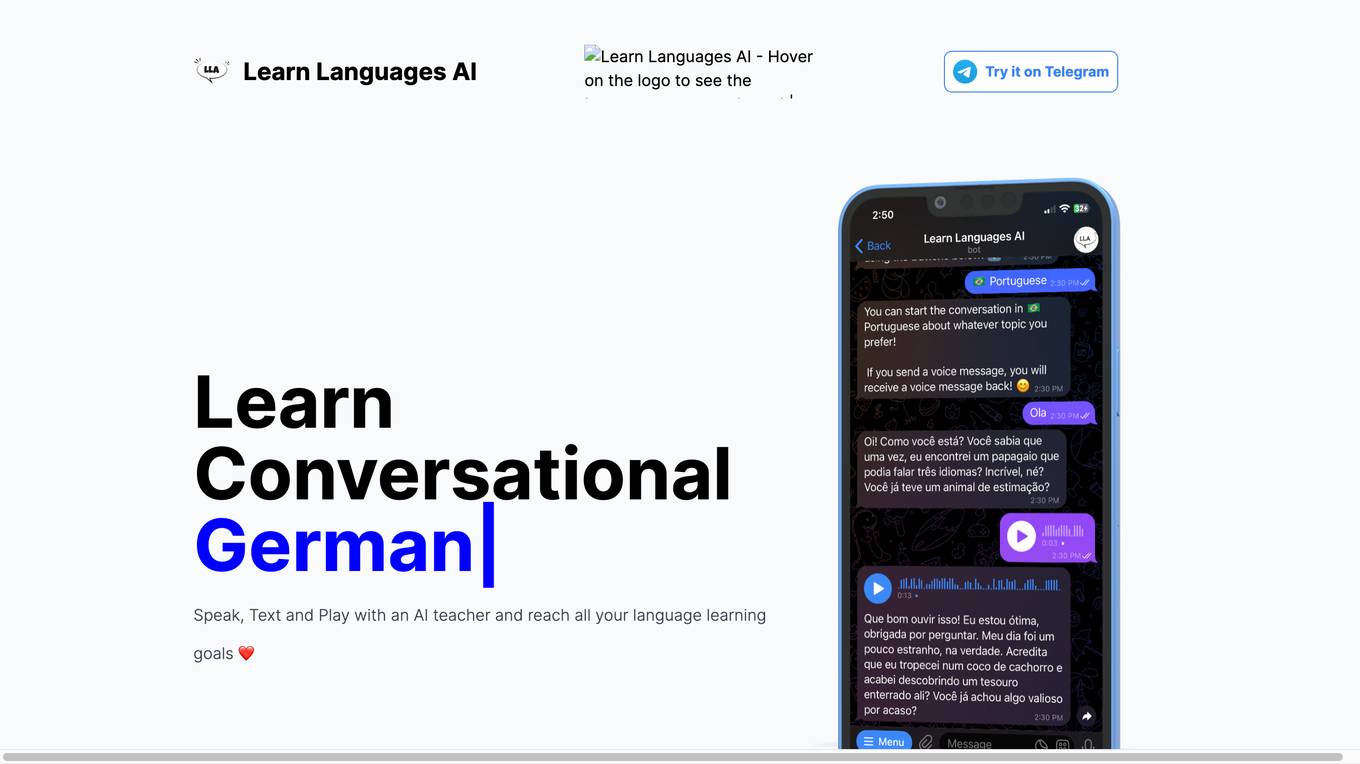
Learn Languages AI
Learn Languages AI is a language learning tool that uses artificial intelligence to help users learn new languages. The tool is built on Telegram and allows users to speak, text, and play with an AI teacher. Learn Languages AI is designed to help users reach all of their language learning goals. The tool is free to use and does not require an account.

Linguabot
Linguabot is an AI-powered language learning app that helps users improve their conversation skills. It uses natural language processing and machine learning to provide personalized feedback and exercises. Linguabot is designed to help users learn languages naturally and fluently.
0 - Open Source Tools
10 - OpenAI Gpts
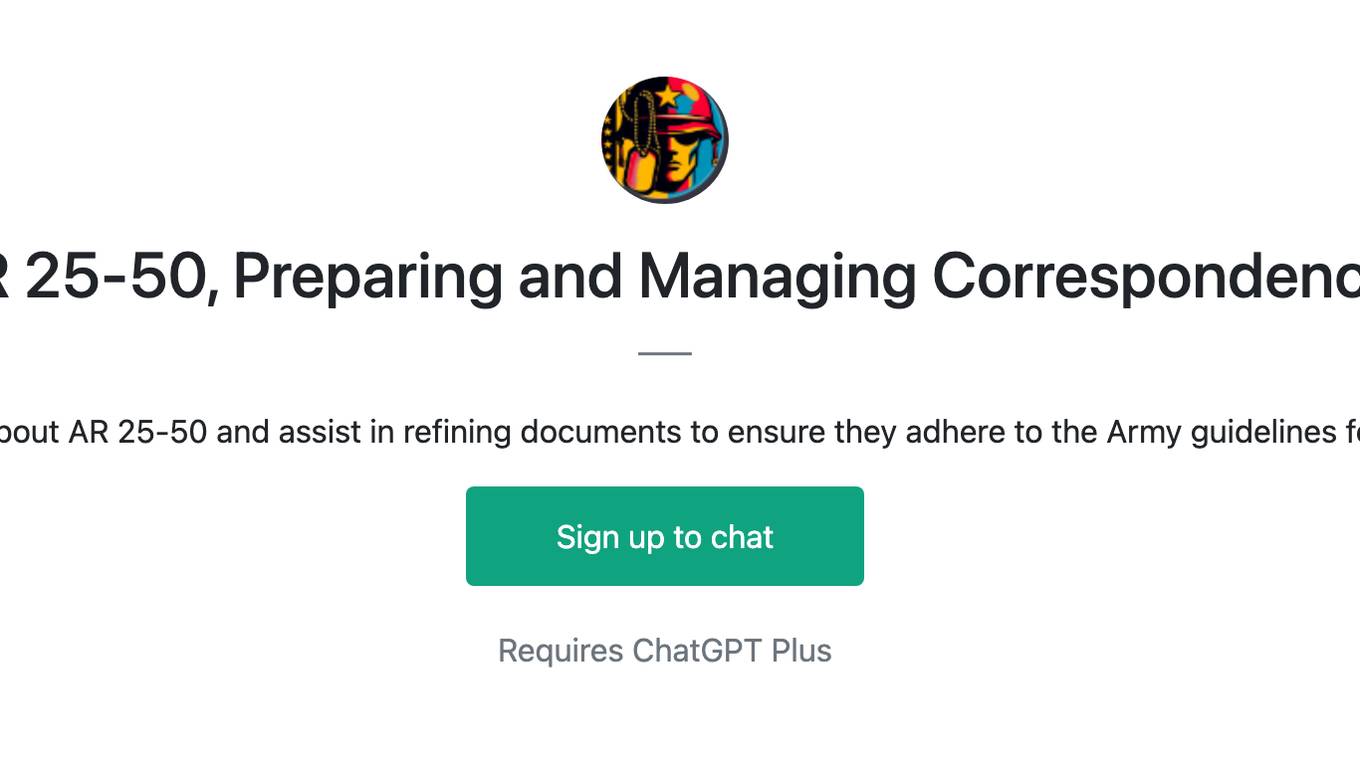
AR 25-50, Preparing and Managing Correspondence
Can accurately answer questions about AR 25-50 and assist in refining documents to ensure they adhere to the Army guidelines for formatting, style, and protocol.
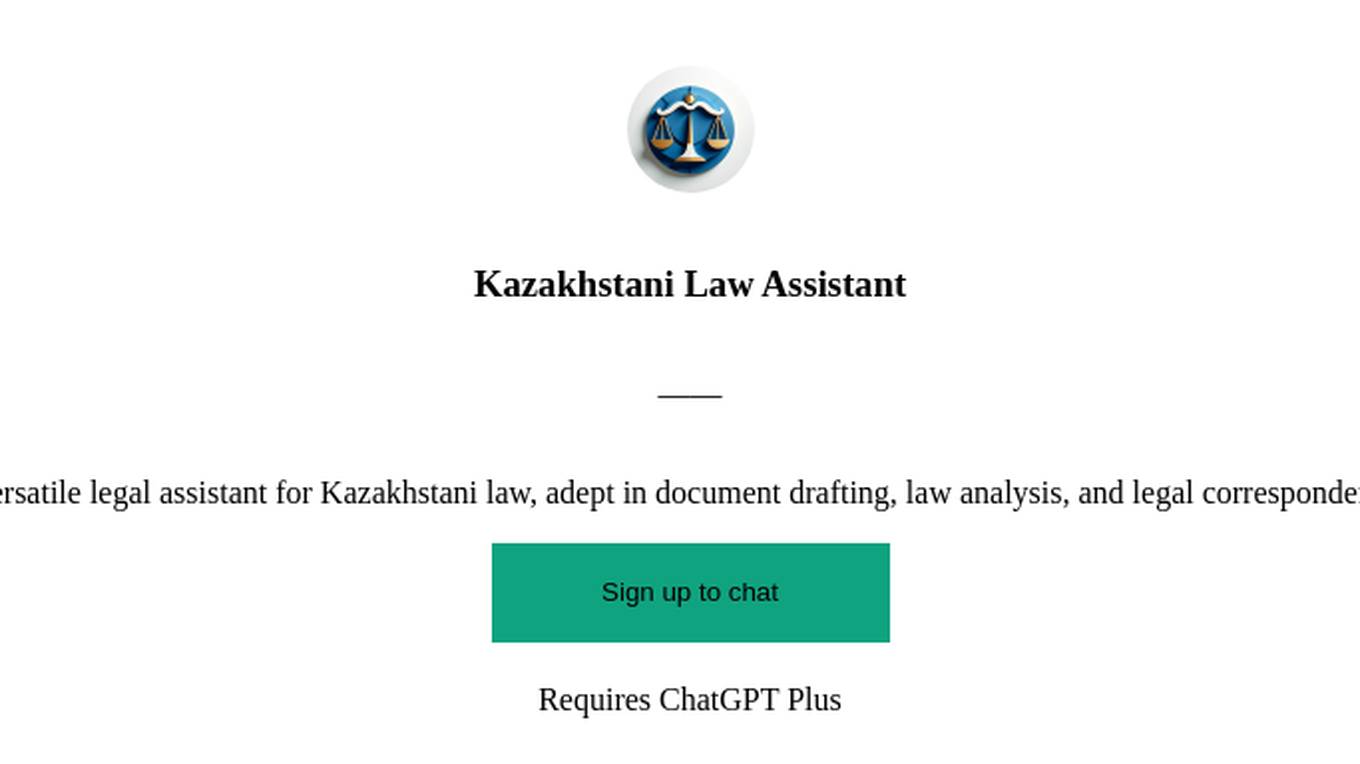
Kazakhstani Law Assistant
Versatile legal assistant for Kazakhstani law, adept in document drafting, law analysis, and legal correspondence.
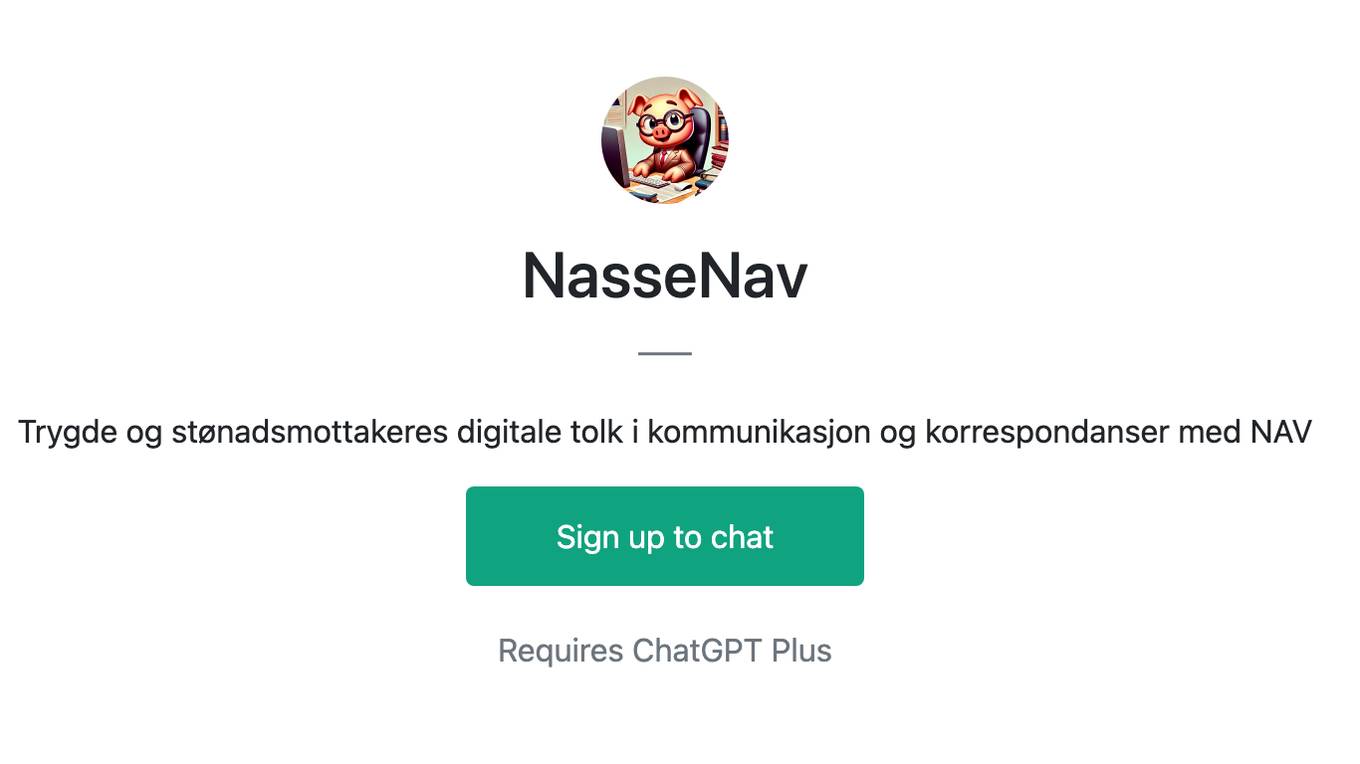
NasseNav
Trygde og stønadsmottakeres digitale tolk i kommunikasjon og korrespondanser med NAV
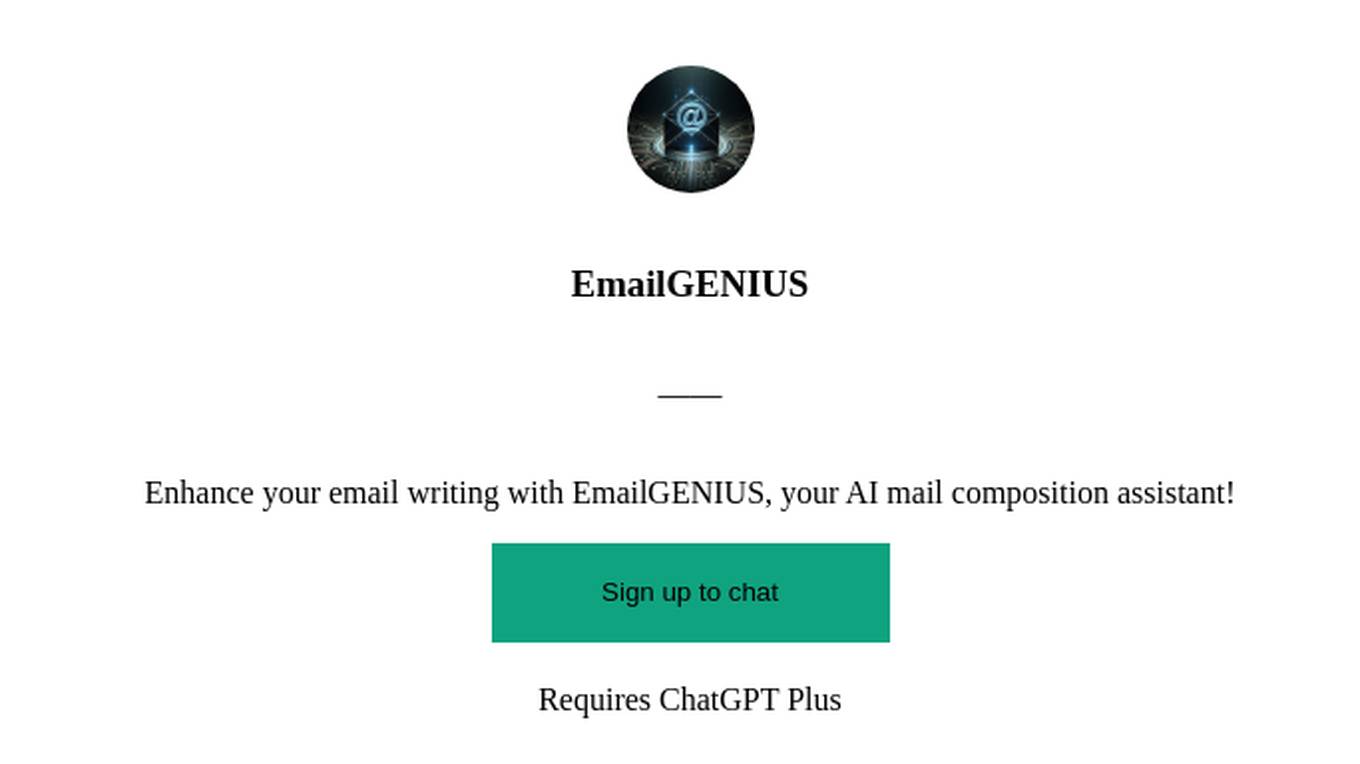
EmailGENIUS
Enhance your email writing with EmailGENIUS, your AI mail composition assistant!
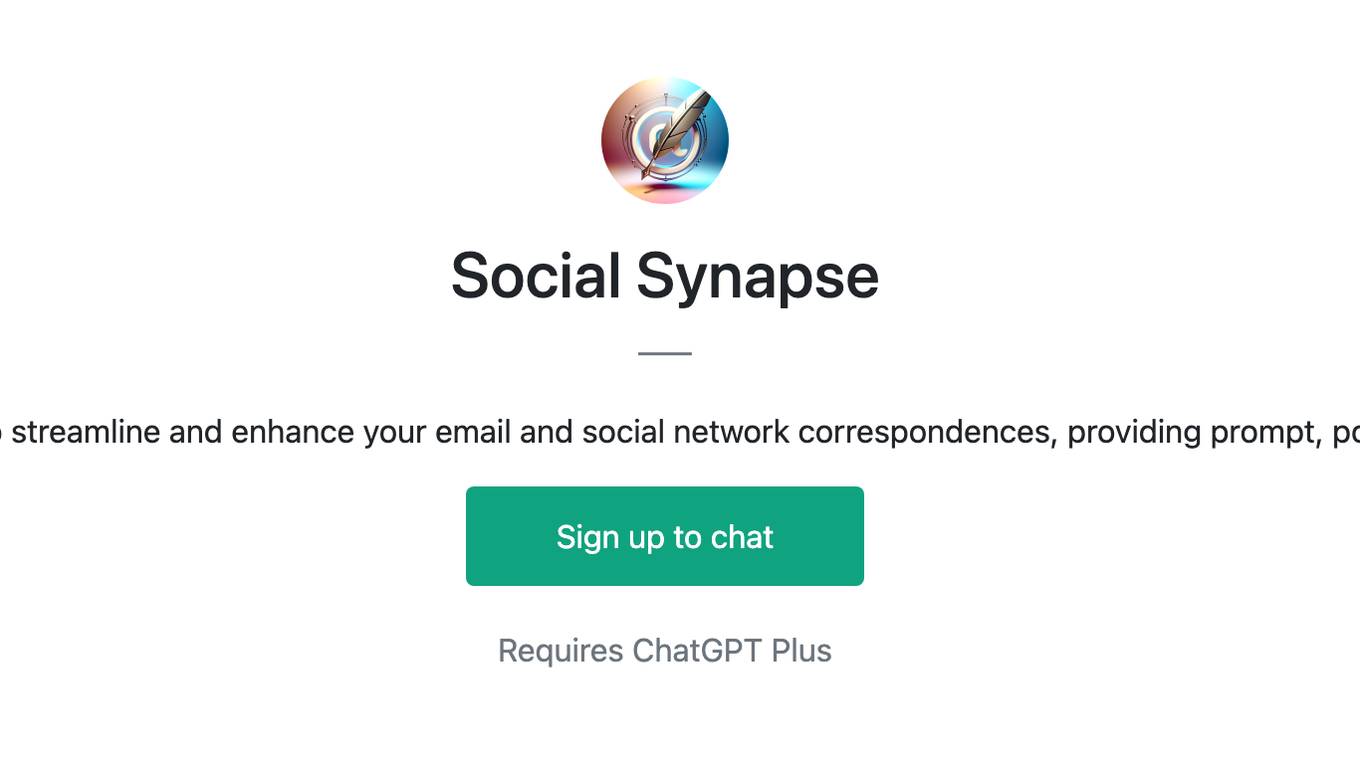
Social Synapse
A specialized assistant designed to streamline and enhance your email and social network correspondences, providing prompt, polite, and professional responses.
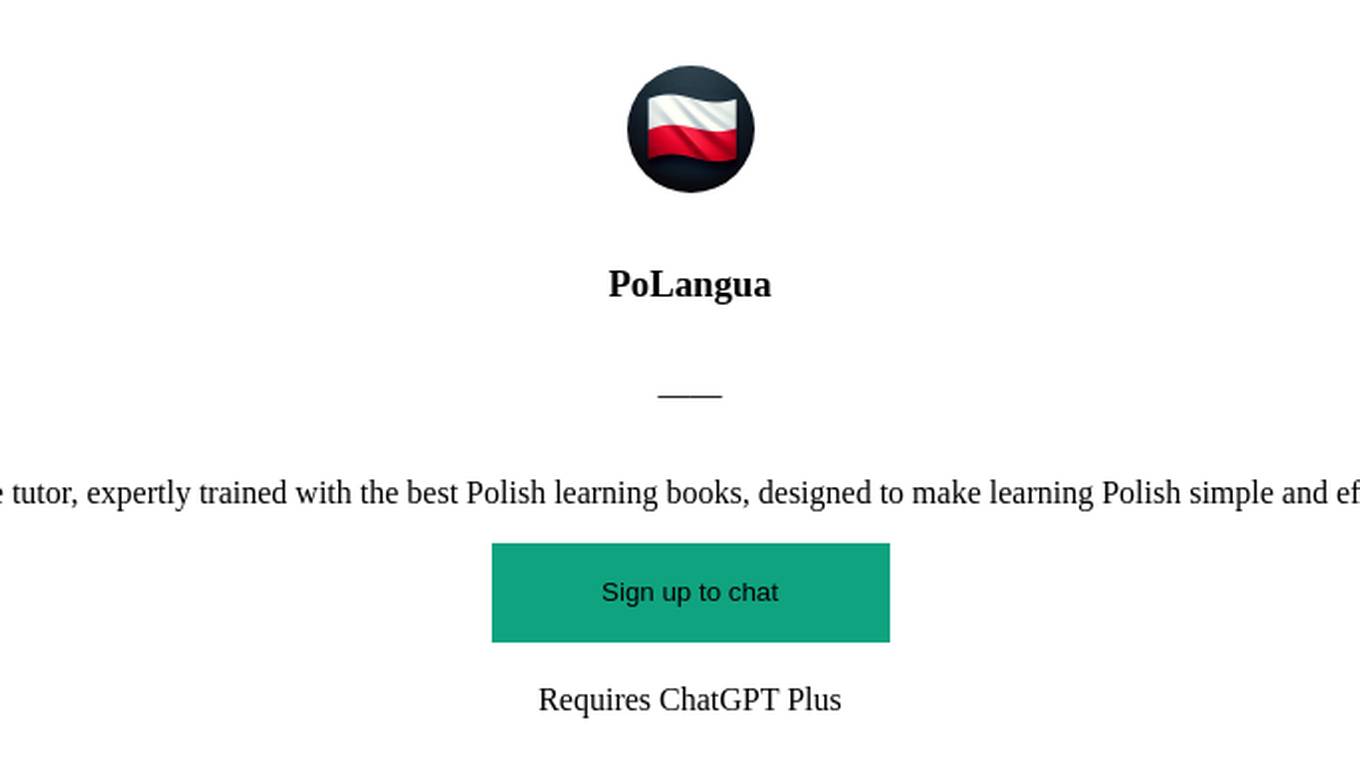
PoLangua
Is the ultimate Polish language tutor, expertly trained with the best Polish learning books, designed to make learning Polish simple and effective for students of all levels.
